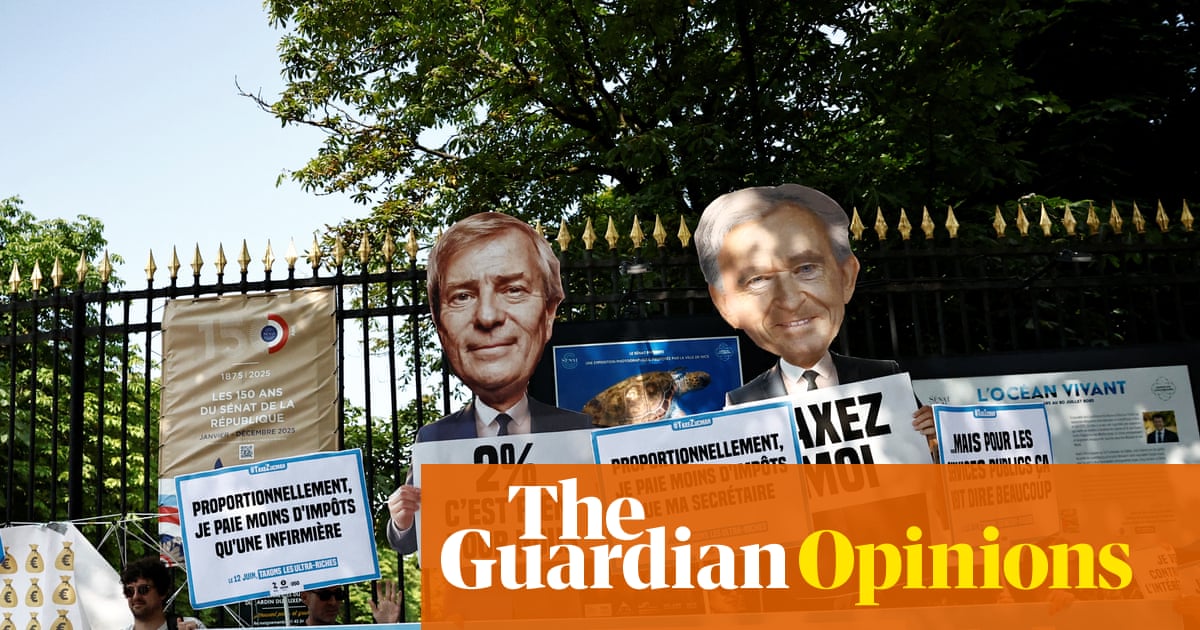
"While global personal wealth grew 4.6% in 2024, just 1.6% of the world's adults hold nearly half of all wealth. In stark contrast, 1.57bn people share a meager 0.6%."
"Economists state that inequality is now a fundamental aspect of growth rather than simply a consequence. In the US, tech stocks have disproportionately enriched the ultra-rich."
"British median wealth increased, while average wealth decreased, highlighting a divergence caused by certain households' losses amidst rising interest rates and falling house prices."
"Wealth is influenced by political choices, not solely by income, as mechanisms that previously controlled inequality are being eroded, contributing to a widening economic gap."
Global personal wealth increased by 4.6% in 2024, but wealth distribution remains highly unequal. Only 1.6% of adults control nearly half of global wealth, while 1.57 billion people own just 0.6%. Inequality has become a condition of economic growth, affected in the US by successful tech markets and bond markets benefiting the ultra-rich. In the UK, a rise in median wealth occurred alongside a drop in average wealth due to economic pressures. Political decisions impact wealth distribution, revealing deeper issues linked to stagnating wages and weakened collective bargaining.
#wealth-inequality #global-economy #personal-wealth-distribution #economic-growth #political-choices
Read at www.theguardian.com
Unable to calculate read time
Collection
[
|
...
]